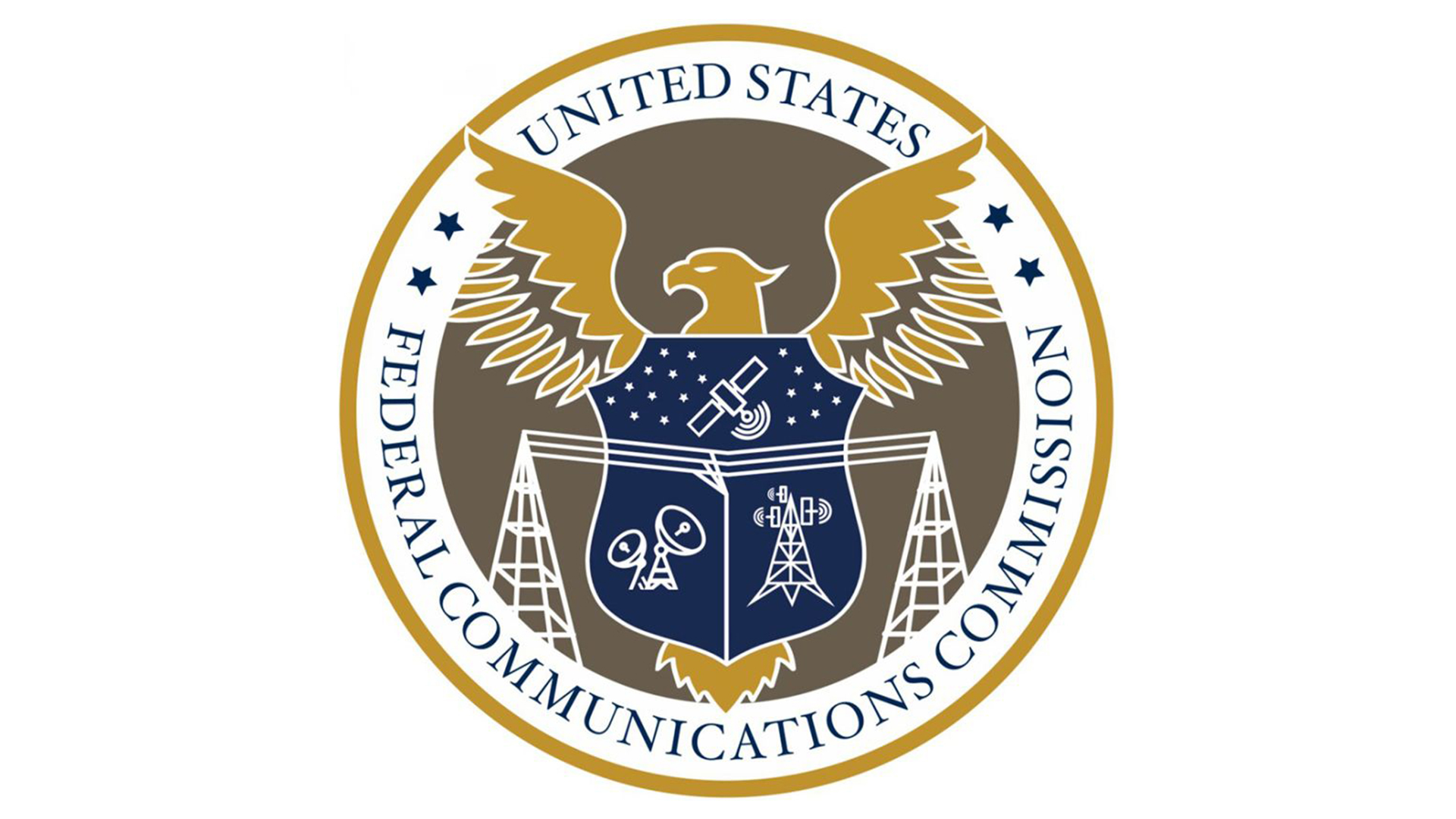MMTC, Others Seek Tweaks to 5G 'Rural' Fund
Want commission to clarify geographic adjustment factor, reverse decision on diverse contractors

The smarter way to stay on top of the multichannel video marketplace. Sign up below.
You are now subscribed
Your newsletter sign-up was successful
Various groups have teamed up to ask the FCC to clarify how it plans to insure that 1) its upcoming 5G mobile broadband subsidy program will accommodate needy areas other than rural, and better insure 2) that diverse contractors have a chance at the money.
Related: FCC Proposes $9 Billion 5G Fund
That came in a petition for partial reconsideration filed by the 5G Fund Supporters, which includes the Multicultural Media, Telecom and Internet Council, Rainbow-PUSH and the NAACP. They want the FCC to reconsider parts of its "Establishing a 5G Fund for Rural America, Notice of Proposed Rulemaking and Order."
The FCC on Oct. 27 approved the final framework for giving out $9 billion in rural broadband deployment funds and it will not be handed out before the FCC collects better broadband deployment data. But at the request of commenters including MMTC, it agreed to expand the program beyond rural to other needy areas not necessarily fitting that geographic definition.
Related: FCC to Vote on Rural Broadband Funding Framework
"We laud the Commission for abandoning its reliance on 'rurality' in favor of an 'adjustment factor' that will prioritize historically underserved or unserved areas," the petition read. "However, on reconsideration, we believe the Commission should explain, prior to the pre-auction phase, 1) how the 'adjustment factor' will provide adequate prioritization to ensure that historically underserved or unserved areas will receive support in the Phase I auction based on need, low wealth, persistent poverty, and the digital divide; and 2) require that applicants for 5G Fund subsidies broadly disseminate contracting opportunities to ensure that diverse contractors have an opportunity to compete for contracts awarded under the Fund."
On the issue of insuring diverse contractors get a shot at the money, the petition points out that the FCC's Cable Procurement Rule "requires MVPDs to broadly disseminate notices of contracting opportunities when issuing major contracts." They want the FCC to extend that to the 5G fund participants, or what it calls "regulates that use other technologies besides cable and satellites."
The smarter way to stay on top of the multichannel video marketplace. Sign up below.
The FCC declined to do that in the Report and Order, but the groups want it to rethink that decision.
The FCC will use a two-phase, multi-round reverse auction to give out the money in two phases. It will also use what it expects to be improved maps of where broadband is and isn't, based on its new Digital Opportunity Data Collection initiative.
Phase I will target up to $8 billion of support to areas "lacking unsubsidized 4G LTE or 5G mobile broadband, with $680 million specifically set aside for bidders offering to serve Tribal lands."
The broadband must be at least 35 Mbps downstream/3 Mbps upstream, and there will be build-out benchmarks.
The FCC also said the money would not be used to overbuild the 90% of the country where T-Mobile has pledged to build out broadband to rural areas, a commitment that was part of the FCC's agreement to allow the merger with Sprint. Phase II will hand out at least $1 billion--"at least" because it would include any unawarded phase I funds--targeting 5G for precision agriculture.
Contributing editor John Eggerton has been an editor and/or writer on media regulation, legislation and policy for over four decades, including covering the FCC, FTC, Congress, the major media trade associations, and the federal courts. In addition to Multichannel News and Broadcasting + Cable, his work has appeared in Radio World, TV Technology, TV Fax, This Week in Consumer Electronics, Variety and the Encyclopedia Britannica.

